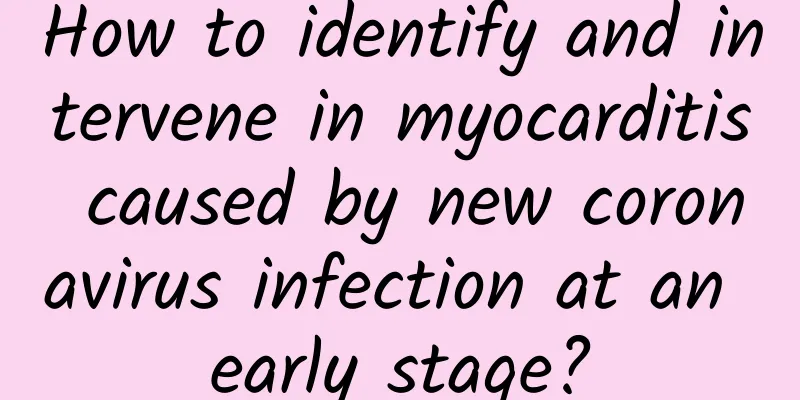Low follicle stimulating hormone

|
If there is a problem with the follicle-stimulating hormone, it should be paid attention to. If it is not improved in time, conception will fail or even ectopic pregnancy will occur, which will seriously endanger the health of women. Therefore, the only way is to use injections to increase the follicle-stimulating hormone index to prevent it from being too low again and causing more serious consequences. Local reactions at the injection site, fever, joint pain, gastrointestinal symptoms, and pelvic or breast pain may occur. Mild to moderate ovarian enlargement and sometimes ovarian cysts may occur. Severe ovarian hyperstimulation syndrome is less common. In some rare cases, arterial thromboembolism has occurred. Its occurrence is related to the use of HMG and HCG treatment, and it may also occur during treatment with this drug Profasi. In a few cases, multiple fetuses may occur after treatment with Profasi, most of which are twins. In in vitro fertilization, this phenomenon is related to the number of embryo replications. The incidence of pregnancy loss due to abortion or miscarriage is similar to that due to other fertility problems, and an ectopic pregnancy is more likely to occur if there is a history of ureteral disease. Adhere to the recommended treatment dose and monitor the treatment regimen to reduce the occurrence of ovarian hyperstimulation syndrome. In clinical verification, the incidence of severe ovarian hyperstimulation syndrome is less than 1%. The use of this drug to treat excessive ovarian response generally does not induce significant adverse reactions unless HCG is used to induce ovulation or pregnancy has occurred. Ovarian hyperstimulation syndrome usually occurs 1-2 weeks after HCG treatment or ovulation. If symptoms such as pelvic pain, abdominal distension, or ovarian enlargement occur, or if estrogen measurement or ultrasound examination indicates an excessive estrogen response, treatment should be discontinued and HCG treatment should be discontinued, and sexual intercourse should be avoided to prevent ovarian hyperstimulation. Symptoms such as ascites, pericardial effusion, pleural effusion, hemoconcentration, secondary aldosteronism, or hypercoagulable state may occur. These symptoms should be managed with appropriate medical care, including avoiding unnecessary pelvic examinations, and usually resolve on their own after the onset of menstruation if pregnancy does not occur. Patients with a history of lactose allergy must take into account that this medicine contains lactose. |
<<: What are the symptoms in the week before delivery?
>>: Down syndrome screening result is low risk
Recommend
What should you pay attention to before doing painless abortion?
The word "abortion" should still be qui...
How to regulate high blood pressure after childbirth
Hypertension is very common after giving birth an...
A man was diagnosed with glaucoma but didn't take it seriously, and now his visual field has been reduced by one-third
After the man was diagnosed with glaucoma, he did...
How to maintain the ovaries and uterus
We all know that the female body structure is som...
How to stay healthy and prevent diseases? Zhang Wenhong summarizes 10 "health tips"
Someone once said to Huazi, "You always tell...
What is the situation when the pregnant woman's right belly is big?
Pregnancy is such a happy thing for the whole fam...
Why do my hands and feet feel numb during pregnancy?
After pregnancy, mothers are willing to do anythi...
What is the reason for a girl's back pain?
Many girls suffer from back pain in their daily l...
How much does the fetus weigh in eight months of pregnancy
After a woman enters the eighth month of pregnanc...
Can I use mugwort to soak my feet when I have my period?
Mugwort is a well-known Chinese medicinal materia...
How do women's bodybuilding competitions train?
We often see women's bodybuilding competition...
What fruits can pregnant women eat to make their babies' skin white?
A mother always wants the best for her baby, incl...
Can pregnant women eat sea sausage?
Sea cucumbers actually contain relatively high le...
Generally, a few days of confinement are required for miscarriage
If the pregnancy is less than 13 weeks, women gen...









